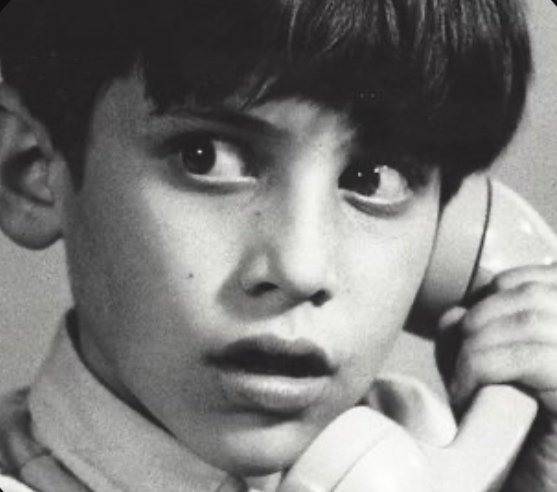Sarkozy in New York
/You could have guessed from the crowd waiting outside the ballroom on Thirty-fourth Street—the men mostly in suits and dark-blue shirts, the women in dresses—that it was probably French. And it was: the French community of New York, or a tranche of it, had come out on Wednesday to hear President Nicolas Sarkozy address them on the occasion of his visit to New York. A choir of kids from the Lycée Français was on hand to sing “La Marseillaise.”
It was an odd and opportune moment. On the one hand, Sarkozy seems to have made a good impression at the U.N.; it has been apparent for a while that, on the question of the Iranian bomb, France is actually much more alarmed (or alarmist) than the U.S. Meanwhile, back in Paris, the strangest trial in years—extremely hard to follow, and even harder to make sense of—was under way.
Several years ago, Dominique De Villepin, the former French Prime Minister and Sarkozy’s longtime rival, handed an investigating magistrate a list of French politicians and tycoons who were said to have secret bank accounts in which (the story went) they stowed kickbacks from the sale of French frigates to Taiwan. Sarkozy’s name was high on the list. This tale turns out to have been, as far as anyone can tell, completely bogus, leaving people to wonder why De Villepin would have done something that seems so insanely risky, and with such limited benefits, and do it in the belief that it would work to his advantage. (There is also, French friends of mine report, a general sense that, though this accusation may not be true, some other, parallel set of accusations about the French élite might be; the falsity of the particular charge ironically lends a vague credence to the general idea.)
Those few of us who, several years ago (and with amazing foresight), picked De Villepin as a sure thing to beat Sarkozy to the Presidency, can just manage a smile at all this. What makes it even odder, though, is that this week, in New York, Sarkozy gave an interview to French TV in which, asked why he had remained a civil party to the action against De Villepin (you can do that in France), he announced that it had not been his choice to bring the coupable—the guilty—to trial but that of the independent judiciary. It already seemed a little previous, as the English say, that Sarkozy, who, as the head of state, is the ultimate guarantor of the French legal system, had remained a party to the case. That he was now preëmptively determining the verdict seemed particularly weird.
The trial must have been weighing on Sarkozy in New York. Shorter even than his pictures suggest, and with what can now be called “sticky-outy ears”—Nicholson Baker uses the term in his wonderful new novel, “The Anthologist”—Sarkozy went right to the lectern, and tried, at first, to be murmuringly friendly. But where a polished natural politician has many gears, Sarkozy has only one: high. At full steam, he explained to the crowd that he was glad to be in New York, a city once martyred, as were Madrid and London later. He said that it was good to have an American President who knew that important things were happening outside America; that global warming was a huge problem, and that France, though a relatively minor offender, had to be a leader in setting it right. Then he said, ruefully, that France was not the easiest country in the world to govern—and quickly added that it was not the hardest, either, thinking perhaps of Italy, or perhaps just not wanting to seem to knock his homeland while abroad. He also spoke plaintively, even movingly, about France not as an old country, haunted and dominated by its past, but as a young country whose real subject was its future.
The magnificent Carla Bruni was there, too, towering and lissome and warming the heart of every tiny man who dreams of the French Presidency and tall women, if not always in that order. Her husband said, with genuine sweetness, that she offered “a beautiful image of France.” Given that she is—by origin, anyway—Italian, this might have been a little odd; but then you could say the same thing about the most famous image in France, the one that lives in the Louvre and that Dan Brown thinks was called by its painter the “Mona Lisa.”


